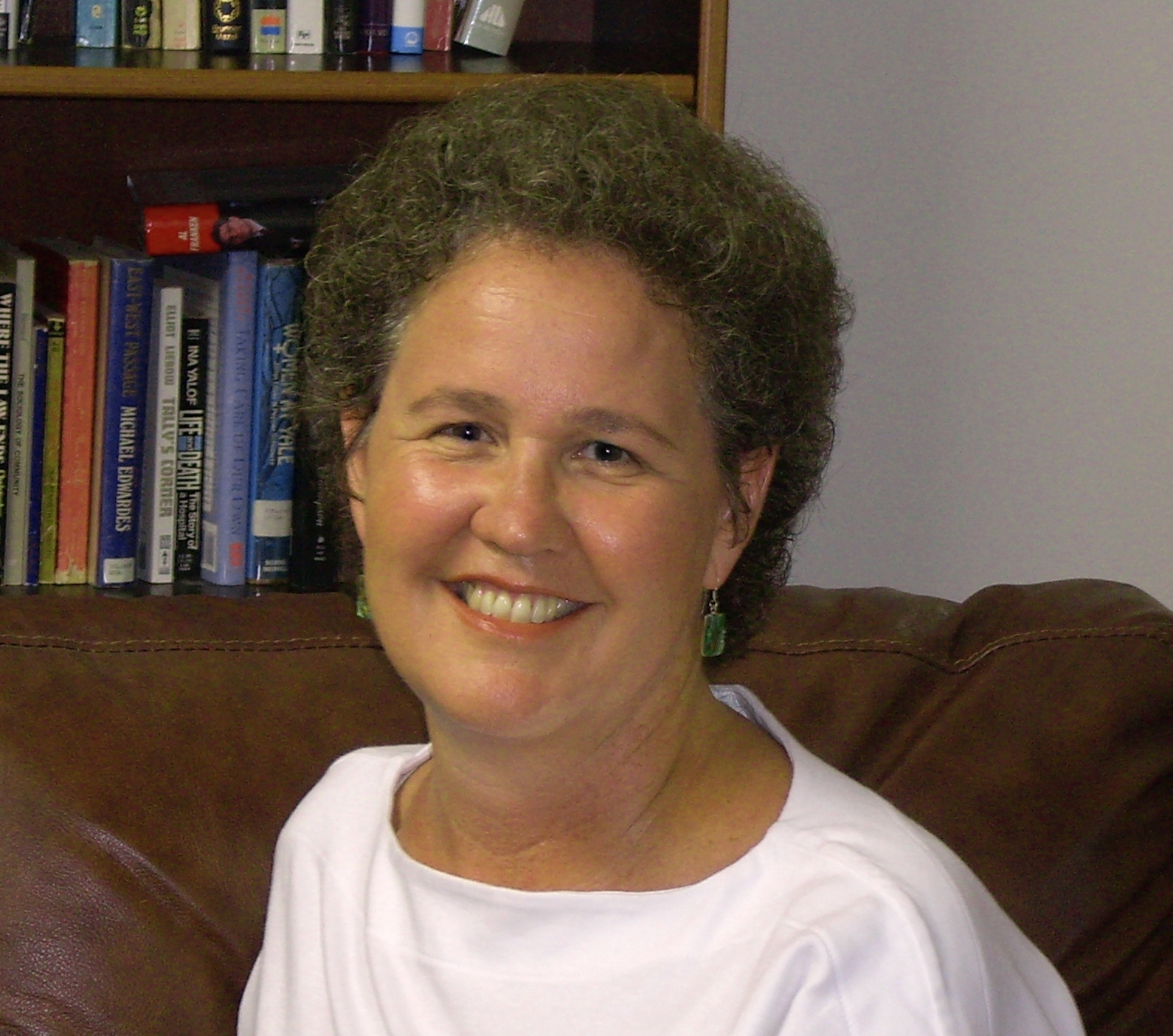
Room for Debate: Testing Students to Grade Teachers
Commentary
Linda Darling-Hammond is the Charles E. Ducommon Professor of Education at Stanford University, where she is co-director of the Stanford Center on Opportunity Policy in Education. She was founding director of the National Commission on Teaching and America’s Future, and she led President Obama’s education policy transition team.
There is a saying that U.S. students are the most tested, and the least examined, of any in the world. American policymakers are quick to turn to testing to cure whatever problems they think exist in schools. Because teachers’ judgment is mistrusted, we test students in the United States more than any other nation, in the mistaken belief that testing produces greater learning.
However, nations like Finland and Korea -- top scorers on the Programme for International Student Assessment -- formally test students only in the 12th grade, to inform college admissions, having eliminated the crowded testing schedules used decades ago when these nations were much lower-achieving. Other high-achievers typically test students but once in elementary and/or middle school to see how they are progressing. Those that add essay examinations in high school, like Hong Kong, Singapore and the U.K., increasingly include school-based assessments of project-based activities like science investigations and research papers. None of these nations use the kind of multiple-choice tests common in the United States.
Meanwhile American students, who now spend weeks of every school year from 3rd grade to 11th grade bubbling in answers on high-stakes tests, currently perform well below those of other industrialized countries in math and science, and have more trouble writing, analyzing and defending their views, because they have much less practice in doing so.
Subscribe to our monthly newsletter.